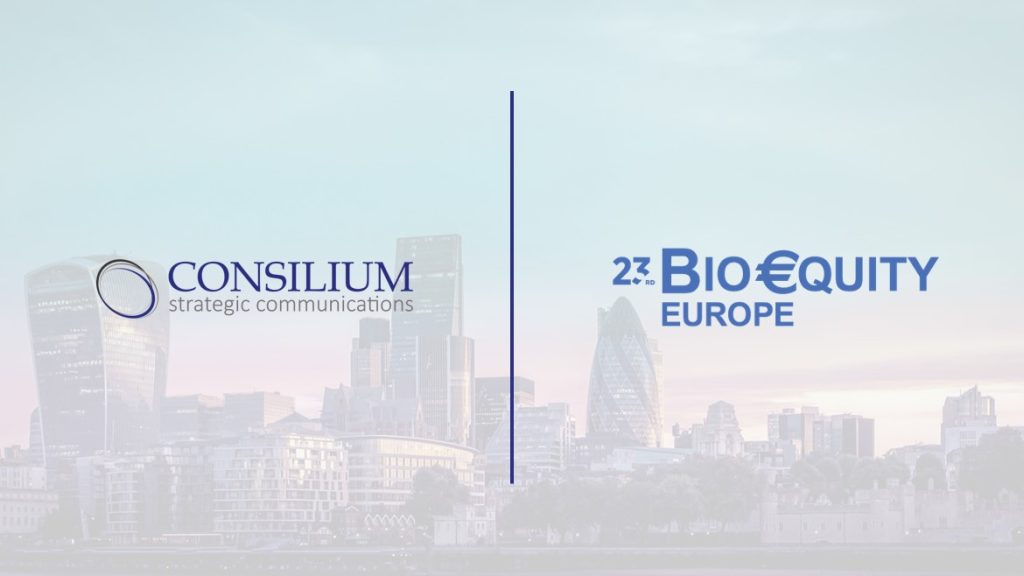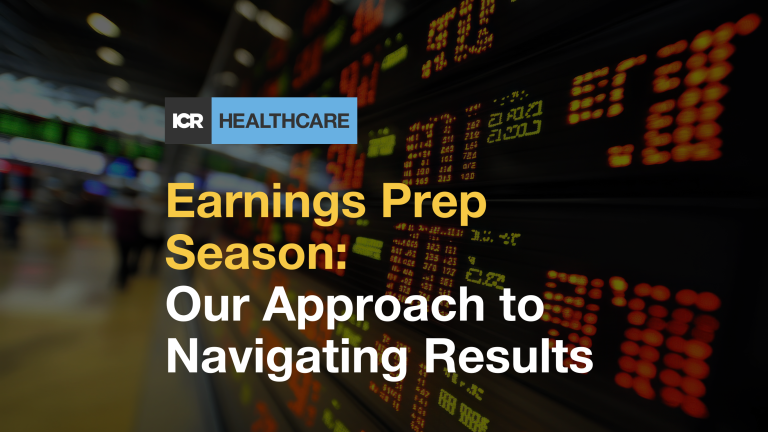Dublin gave a characteristically warm welcome to this year’s BioEquity, the best-attended event in the history of the forum, according to organisers. Representatives of the life sciences sector descended on the Irish capital in early May for a dizzying schedule of partnering speed dates and panels and a little bit of well-deserved craic.
This year’s attendance may reflect the extra enthusiasm of participants in the life sciences sector to press the flesh, given the parlous state of public markets and a sense of general anxiety about the funding environment. That said, there’s a tangible sense in the air that with funds around with pent up firepower, M&A disrupting both public and private markets and some headline-grabbing scientific developments over the past year, there’s plenty of action to be had.
In meeting after meeting at BioEquity discussion focused on the continuing uncertainty about funding, with many biotech companies talking openly about the “new normal”, a world of much higher bars to clear to achieve funding events, tighter money and more careful conservation of cash.
It’s now a truism that to be able to consider a listing, a business needs clinical data with strong proof of concept and – ideally – a large target indication. Among the handful of Nasdaq IPOs, this year, such as Mineralys and Acelyrin, almost all have had programmes which are at least at Phase 2 stage.
But in a post IRA world many companies not only need proof of concept data but now face a far more restrictive regulatory environment and greater scrutiny on patient affordability beyond the point of approval. The need for a crystal-clear pathway to approval and a considered approach to price is gating issues for companies considering IPO, and some funds talked about a need to support their investee companies at earlier stages with active, structured guidance around how to navigate the regulatory landscape.
In the private funding environment, there’s no doubt that funds are willing to invest in the right opportunities, with much discussion of “dry powder” for the right science. Data from McKinsey commissioned for BioEquity, and foregrounded at the event, gave some good insights into the health of the current market and there are tentative positive signs.
McKinsey data points to a slow improvement in the market performance of biotech companies (Nasdaq and S&P Biotech) compared with Q4. It also notes that the percentage of companies with negative enterprise value is slowly starting to correct. The private funding market remains challenged, but VC funding and deal levels remain higher than in 2019. Notably, the decline in private rounds is affecting mainly the larger end of the market: Series C and beyond. The size of seed and Series A rounds is increasing compared to 2020.
Geographically, there are some stark variations in performance. Europe experienced the brunt of the decline in financing, with new IPO raises declining 98% from 2021 to 2022 and VC-backed rounds by nearly 60% over the same period. Meanwhile geopolitical shifts are changing the landscape within Europe. UK start up creation is still the highest in Europe but has fallen consistently since Brexit, with other European markets taking share from the UK. France has recorded the largest year on year increase in share.
Meanwhile the funding environment, combined with a more rigorous regulatory and payer landscape have impacted the appetite for therapeutic areas, and certain modalities have lost some of their lustre for investors. While immunotherapy continues to be an incredibly exciting frontier for scientific development and a paradigm that’s not going anywhere, there’s no doubt that there is some investor fatigue around the area, and the bar for funding of immunotherapy companies has been raised significantly.
Oncology remains far the largest sub-sector for biopharma investment and there is still plenty of room to run. The global market for precision oncology medicine was estimated by Accenture to be worth just under $50 billion in 2021 and is expected to reach $124.84 billion by 2030. But within oncology the emphasis on precision is the operative word. Antibody-drug conjugates are enjoying something of a renaissance in cancer, a trend which was much-discussed at BioEquity.
More generally, RNA remains a hot area (as evidenced by ReNAgade’s $300 million round, announced in late May, after the event concluded). Interest in neurology has been jump-started by the approvals of aducanumab and lecanemab. Autoimmune and inflammation companies were also much in evidence at BioEquity.
Despite some general fatigue about the funding environment, there was plenty of discussion of green shoots, with many participants optimistic about the second half of 2023 and beyond. Overall, the theme that came through was that after two tough years, some retrenchment and a bit of self-reflection, life sciences companies are match fit for a coming revival.




